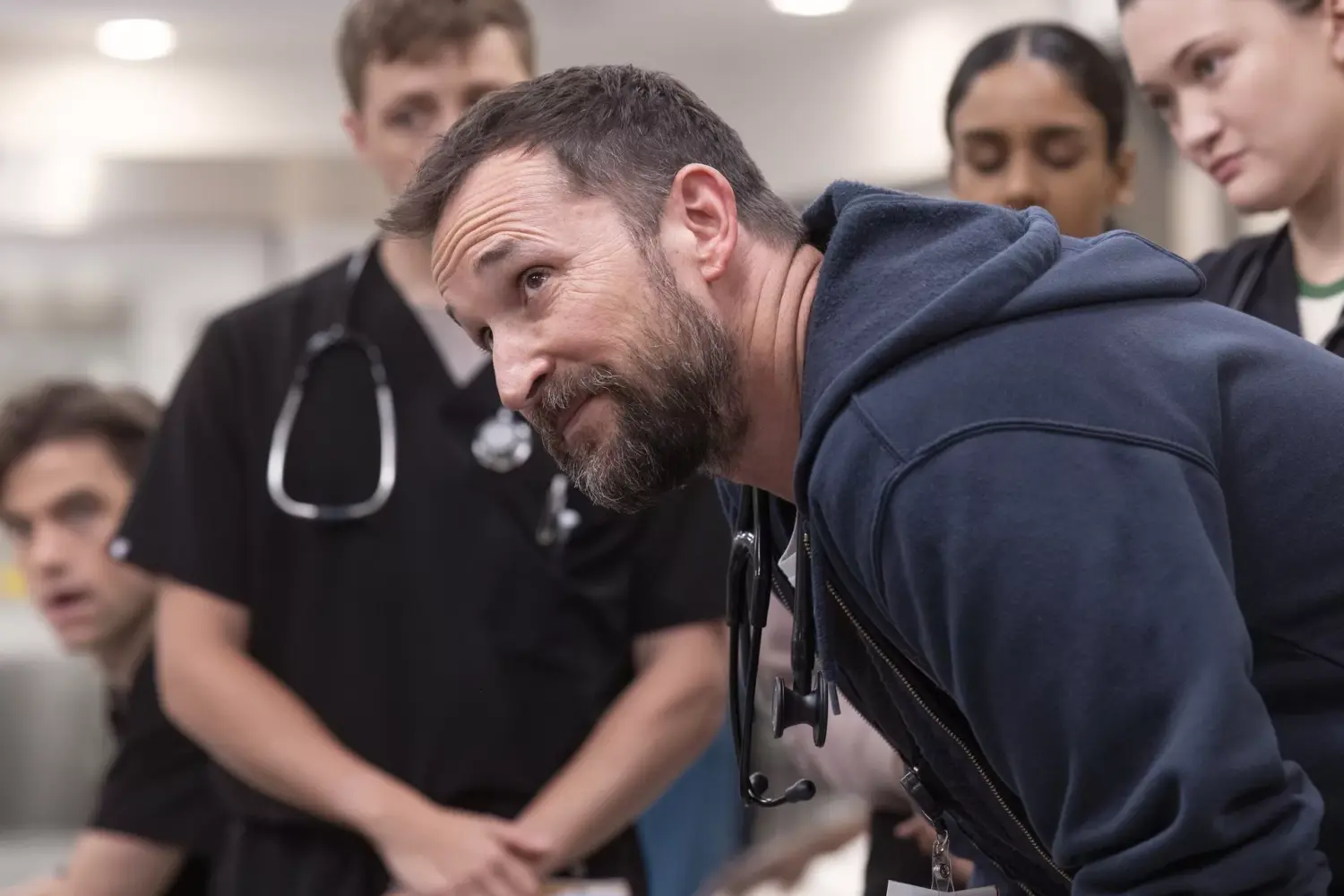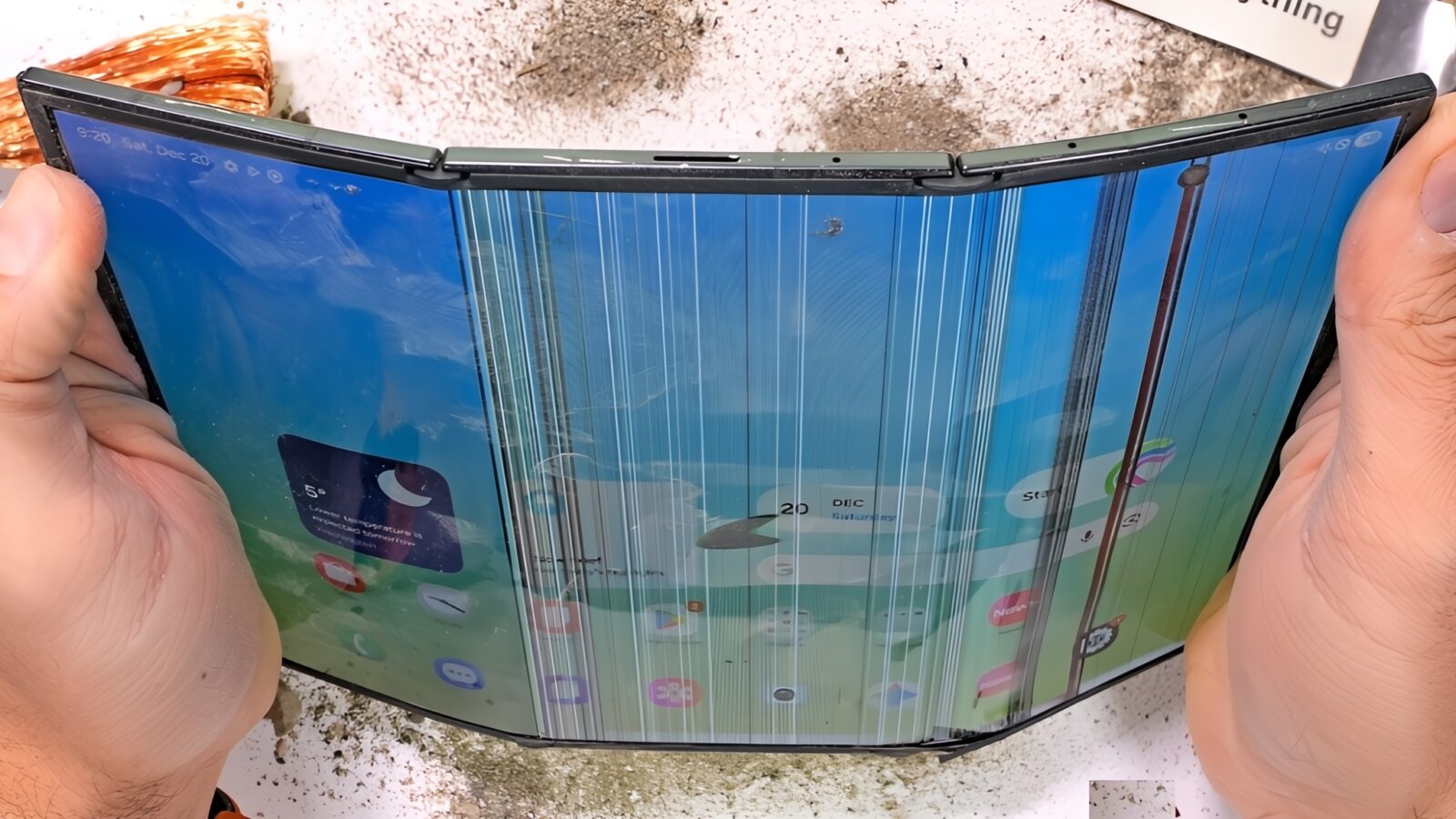The realm of medical dramas has always held a certain fascination for viewers. The blend of life-or-death stakes, intricate medical procedures, and the personal lives of those who navigate this high-pressure environment creates a potent cocktail of drama and intrigue. While the genre has seen its fair share of iterations, from the long-running behemoth ER to the more recent Grey’s Anatomy and The Good Doctor, a new contender has emerged, vying for its place in the pantheon of medical television: The Pitt.
The Pitt
Starring the inimitable Noah Wyle, a veteran of the medical drama genre thanks to his iconic role in ER, The Pitt throws us headfirst into the chaotic world of the Pittsburgh Trauma Medical Center’s emergency department. With a unique real-time format reminiscent of the action-thriller series 24, the show chronicles a single, tension-filled 15-hour shift in the life of Dr. Michael “Robby” Robinavitch (Wyle), the ED’s seasoned leader.
From the outset, The Pitt establishes itself as a show that’s not afraid to push boundaries, tackling not only the expected medical emergencies but also delving into the complex issues plaguing modern healthcare systems. This review will dissect the various facets of The Pitt, exploring its strengths, weaknesses, and its potential to become a new staple in the medical drama landscape.
The Pitt distinguishes itself from the outset with its unique premise. Each of its 15 episodes covers a single hour in Dr. Robby’s 15-hour shift, immersing viewers in the relentless pace and pressure of emergency medicine. This real-time format, rarely seen in medical dramas, creates an immediacy and tension that sets it apart from its contemporaries.
We’re introduced to a diverse cast of characters, from seasoned doctors and nurses to fresh-faced interns and residents, all navigating the challenges of their profession. The show doesn’t shy away from showcasing the personal lives of its characters, intertwining their personal struggles with the high-stakes medical cases they face.
One of The Pitt‘s strengths lies in its diverse and well-developed characters. Noah Wyle delivers a compelling performance as Dr. Robby, a man grappling with the weight of his responsibilities and the ghosts of his past. His portrayal of a doctor struggling to maintain his composure amidst the chaos is both relatable and inspiring.
The supporting cast is equally impressive, with standout performances from Tracy Ifeachor as the determined Dr. Collins and Patrick Ball as the experienced Dr. Langdon. The show also introduces a new generation of doctors, with Isa Briones as the ambitious Dr. Santos and Supriya Ganesh as the idealistic Dr. Mohan, each bringing their unique perspectives and challenges to the table.
The Pitt doesn’t pull any punches when it comes to showcasing the realities of emergency medicine. From heart attacks and drug overdoses to gunshot wounds and car accidents, the show presents a wide range of medical emergencies, each handled with a sense of realism and urgency.
The real-time format adds another layer of intensity to these medical cases. Viewers are thrust into the heart of the action, experiencing the adrenaline rush and split-second decisions that come with working in a trauma center. The show’s commitment to authenticity is evident in its detailed depictions of medical procedures, from surgeries to resuscitations, making for a truly immersive viewing experience.
Beyond the medical drama, The Pitt also serves as a commentary on the state of modern healthcare. The show tackles issues such as understaffing, budget constraints, and the impact of politics on medical care. It also delves into the personal struggles of healthcare workers, highlighting the emotional toll that comes with dealing with life and death on a daily basis.
One of the most poignant storylines revolves around a pregnant teenager and her struggle with abortion rights, a timely and relevant issue in today’s political climate. The show also explores racial disparities in medical care, showcasing the challenges faced by minority patients and the efforts of healthcare providers to address these inequalities.
The Pitt excels in its technical execution. The cinematography is dynamic and immersive, with frequent use of handheld cameras to capture the frenetic energy of the ED. The sound design is equally impressive, creating a sense of realism and urgency through the use of medical equipment sounds, dialogue, and ambient noise.
The show’s editing is also noteworthy, seamlessly weaving together multiple storylines and medical cases while maintaining a sense of momentum. The use of slow-motion and close-ups effectively highlights key moments of tension and emotion, further enhancing the viewing experience.
The Pitt is a compelling and engaging medical drama that deserves recognition. Its unique real-time format, diverse cast of characters, and willingness to tackle complex social issues set it apart from the pack. Noah Wyle delivers a powerful performance as Dr. Robby, anchoring the show with his charisma and emotional depth.The supporting cast is equally strong, creating a believable and engaging ensemble.







